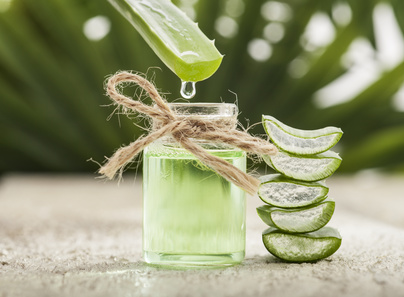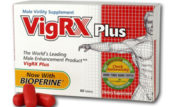The joys of summer are numerous. From swimming to barbecues and fireworks, there’s so much to enjoy about summer that it’s easy to forget what it does to your skin.
Sun damage ages the skin, causes wrinkles and increases risk of sun cancer. Combine these with the burns and irritations linked to summer activities, and you’ll see why it’s important to practice summer skin care tips.
That’s not to take the joy out of summer. How can one not like the extended days, blue sky and relaxed demeanour of the laziest of seasons? People are outside and they’re having fun. And with the summer skin care tips listed in this article, you’ll enjoy this summer as much as your skin.
Skin Hazards of Summer
Your skin faces many hazards in summer, including:
- mosquito, tick and insect bites
- poison ivy, oak and sumac
- bee and wasp stings
- cuts and bruises
- poisonous and non-poisonous snake bites
- spider bites
- burns
- sun burns and risk of skin cancer
Your most important summer skin-care tip, by far, is to cover up. Keep your skin under loose-fitting, long-sleeved and light-colored clothing, and preferably with a wide-brimmed hat and close-toed shoes. Not only will they protect you from bites, burns, tears, cuts and bruises, they’ll reflect the sun’s harmful UV rays. So please, cover up!
Insects, Snakes and Plants
Minor irritations from insect and plant-related sources won’t age the skin, but they can give mild discomfort and cause itching. Wear insect repellant, to discourage mosquito bites and ticks, and get rid of standing water in your yard, as that’s where mosquitoes lay their eggs.
That said, remember that most repellants contain alcohol, which can dry the skin. Use a body moisturizer before bed, to counter its aging effects.
Bee stings are common in summer, and while painful, are rarely dangerous. If you’re stung by a bee, remove the stinger with a pair of tweezers. Then clean the sting site, apply ice and lie down.
In the event that you have a severe reaction to a bee sting, including hives, swelling at the mouth and have trouble breathing, you’re in anaphylactic shock. Give yourself an epinephrine injection, if possible, call for medical attention and lie down.
Depending where you live, snake and spider bites may also be a hazard in summer. Remember that there are poisonous and non-poisonous species of both. If you experience severe reactions from an interaction with either, seek immediate medical attention.
In addition, be familiar with poison ivy, oak and sumac. Know what they look like and avoid contact. They shouldn’t cause danger, but may trigger redness and swelling to the contact site. Talk to your doctor. Prescription and over the counter medications may relieve itching.
Burns
Whether from fireworks, campfires or other causes, burns are a hazard of summer. Small burns, smaller than the palm of your hand, can often be treated at home, with running cold water and a clean cloth to cover.
Seek medical attention for larger burns and burns to the feet, face, genitals and major joints.
Sun Burns and Protection
Sun burns are common in summer and can be painful. Avoid sun exposure, if possible, between 10AM and 4PM, as that’s when the sun’s rays are strongest. Cover up, with long-sleeved, light-colored clothes and a hat, and use sun screen, of at least SPF 15, at least 20 minutes before exposure, and re-apply every two hours, after being in water or sweating.
If you burn, you’ll probably feel it within hours of exposure. Aloe and moisturizers can relieve pain from sun burns, and it’s advisable to see a doctor if you blister.
Remember that repeated sun burns increase your risk of skin cancer, which is now the most common cancer in the United States and can be lethal. Watch for skin moles, especially if they’re shaped irregularly, grow or change shape, or start to bleed. Skin cancer is a growing health issue and its effects can be deadly and unsightly. Cover up, wear a hat, and slather on the sunscreen.
Remember also that sun burns and sun-related skin damage cause wrinkles and age the skin. Your most important summer skin care tip – cover up – is your best protection.




